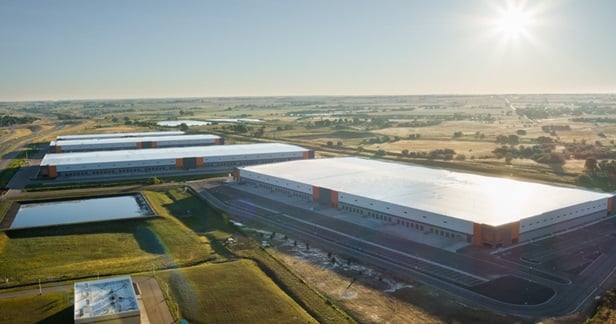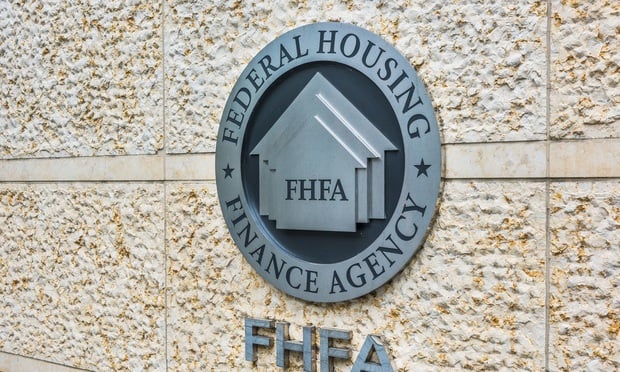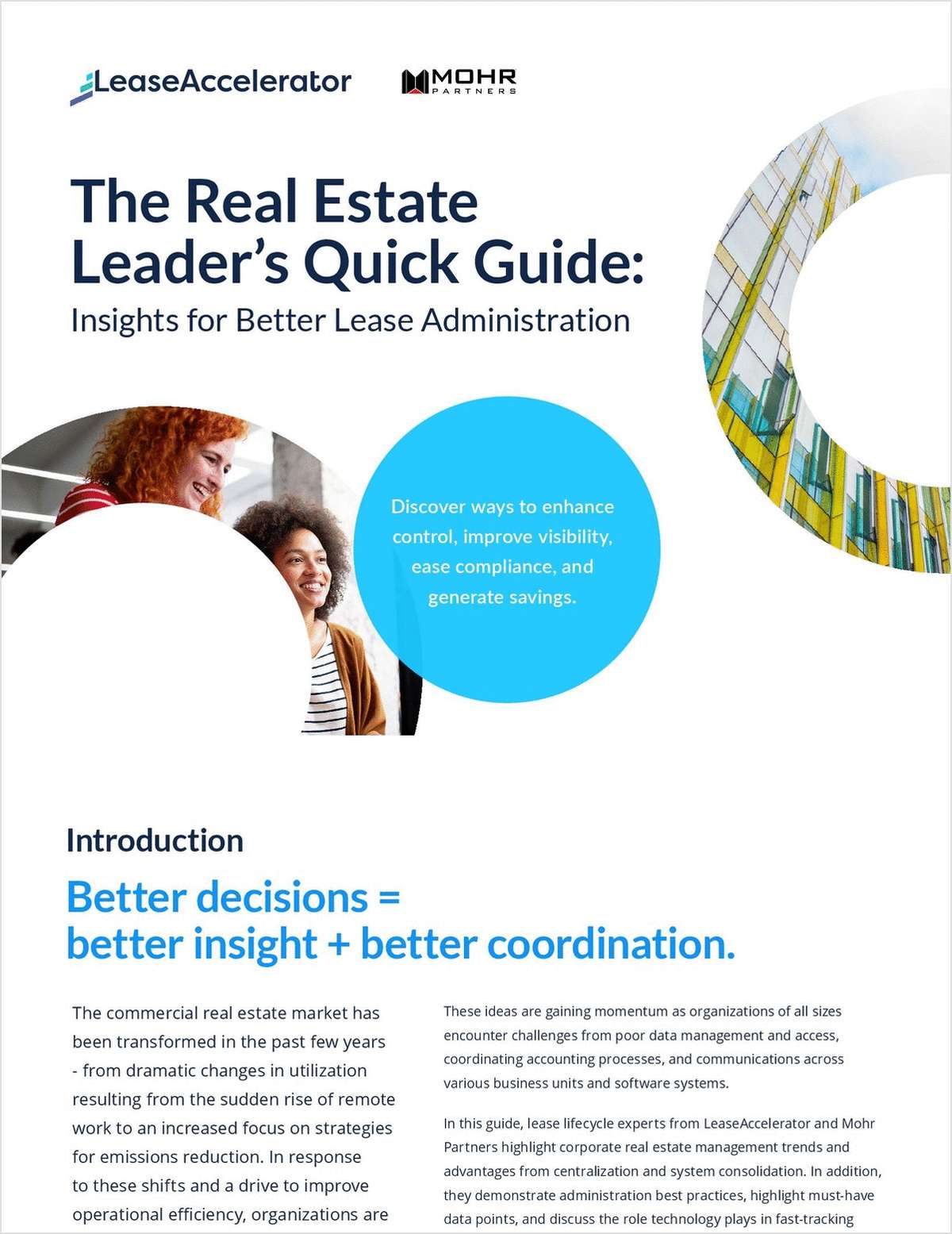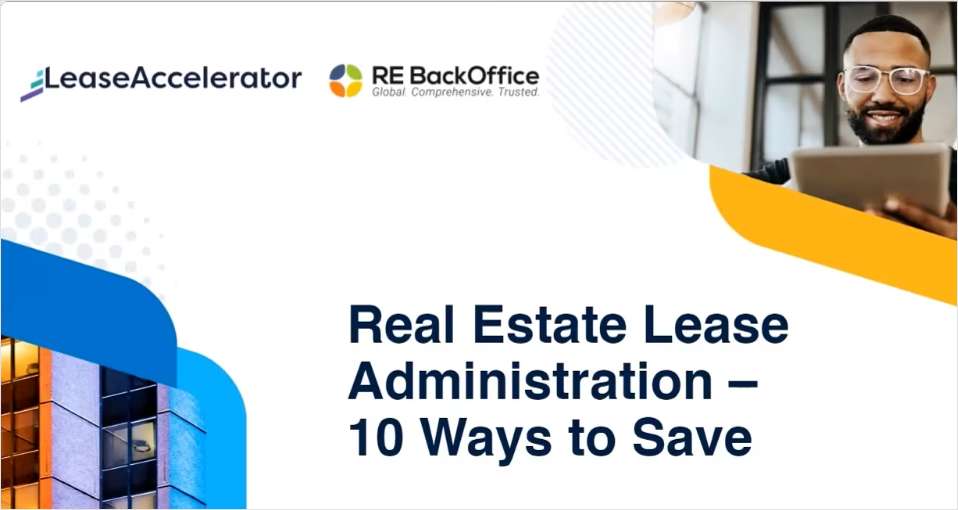"Basically, if it does what it's supposed to do, which is increase the pace of economic growth, then obviously that will be very favorable to all of the US economy, including the commercial real estate industry," Smith asserts. "Commercial real estate in general has been hurt by the continuing decline in investment spending over five quarters now, not including the quarter ending December 31, 2002." While some areas, such as the Metropolitan Washington region, have managed to weather the current economic conditions, most markets have seen great increases in the amount of available leasable office and industrial space. "Dropping those vacancies has to happen first, but anything that speeds up the rate of economic growth should result in growing employment. And that results in more people in more offices, and then folks need more space. So it's definitely a positive."
Bush's 2003 tax cut plan includes a proposal that the new rules be retroactive back to Jan. 1 of this year. The measure is now up for consideration for passage in the US Senate and the House of Representatives. "The hope is that this speeds up investment, which helps productivity stay high, which helps inflation stay low, which helps interest rates stay low," explains Smith. "And with low interest rates, real estate is a healthy business--both the residential and commercial side."
Continue Reading for Free
Register and gain access to:
- Breaking commercial real estate news and analysis, on-site and via our newsletters and custom alerts
- Educational webcasts, white papers, and ebooks from industry thought leaders
- Critical coverage of the property casualty insurance and financial advisory markets on our other ALM sites, PropertyCasualty360 and ThinkAdvisor
Already have an account? Sign In Now
© 2024 ALM Global, LLC, All Rights Reserved. Request academic re-use from www.copyright.com. All other uses, submit a request to [email protected]. For more information visit Asset & Logo Licensing.








